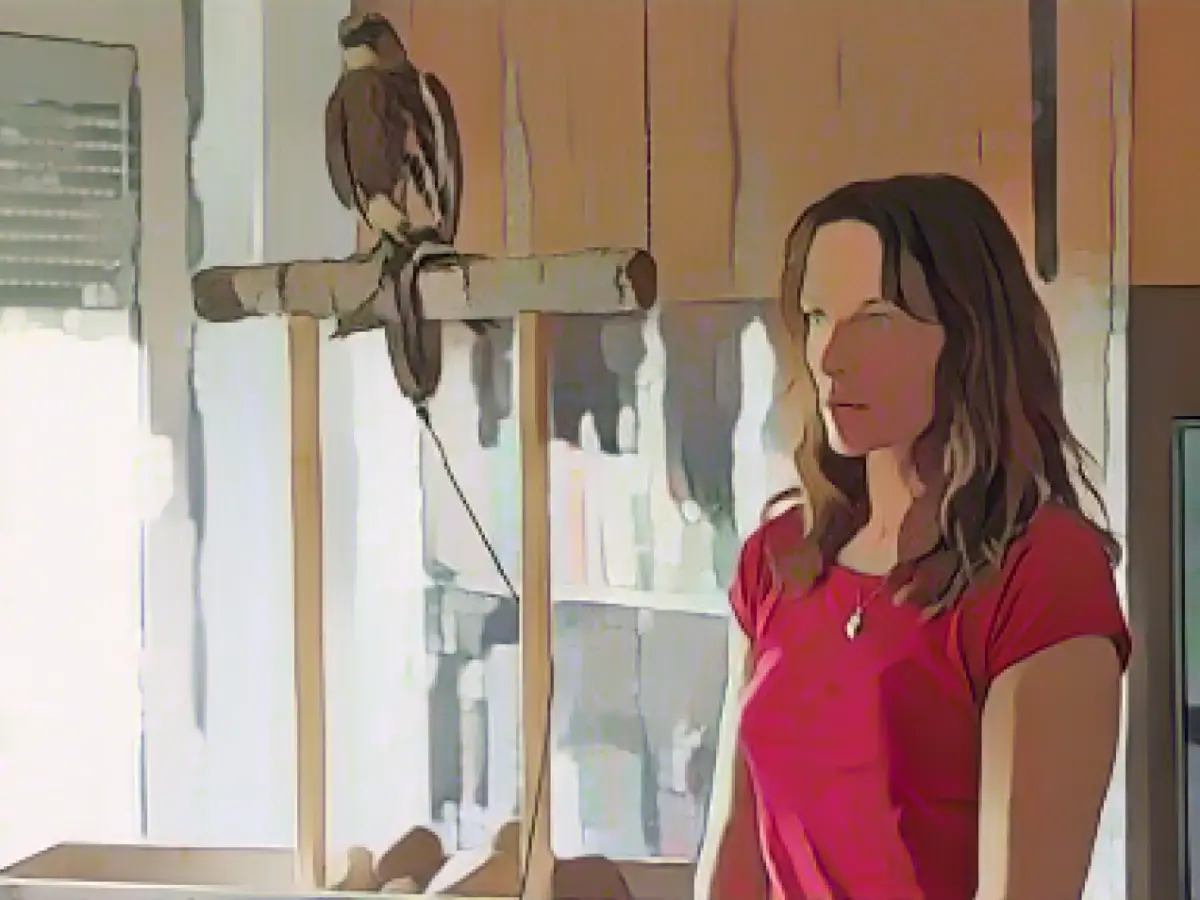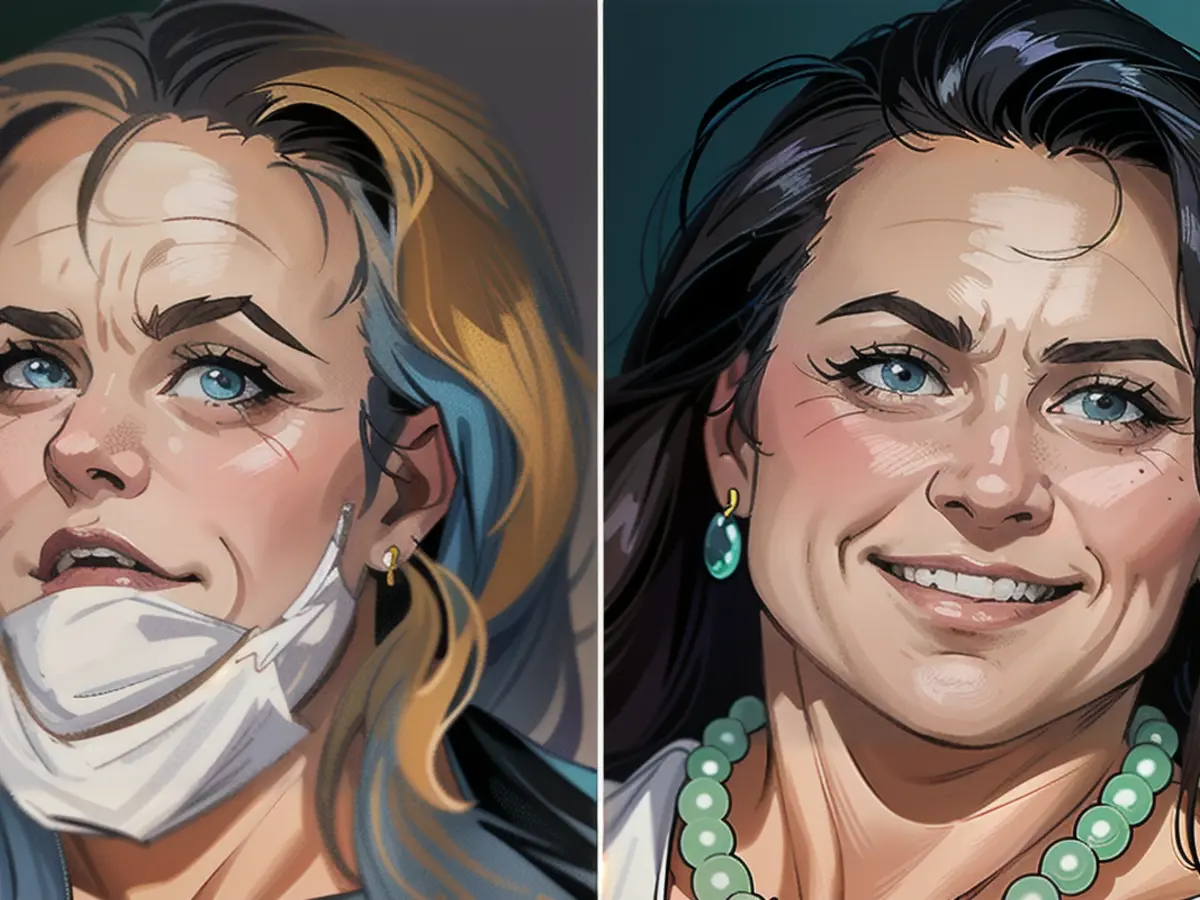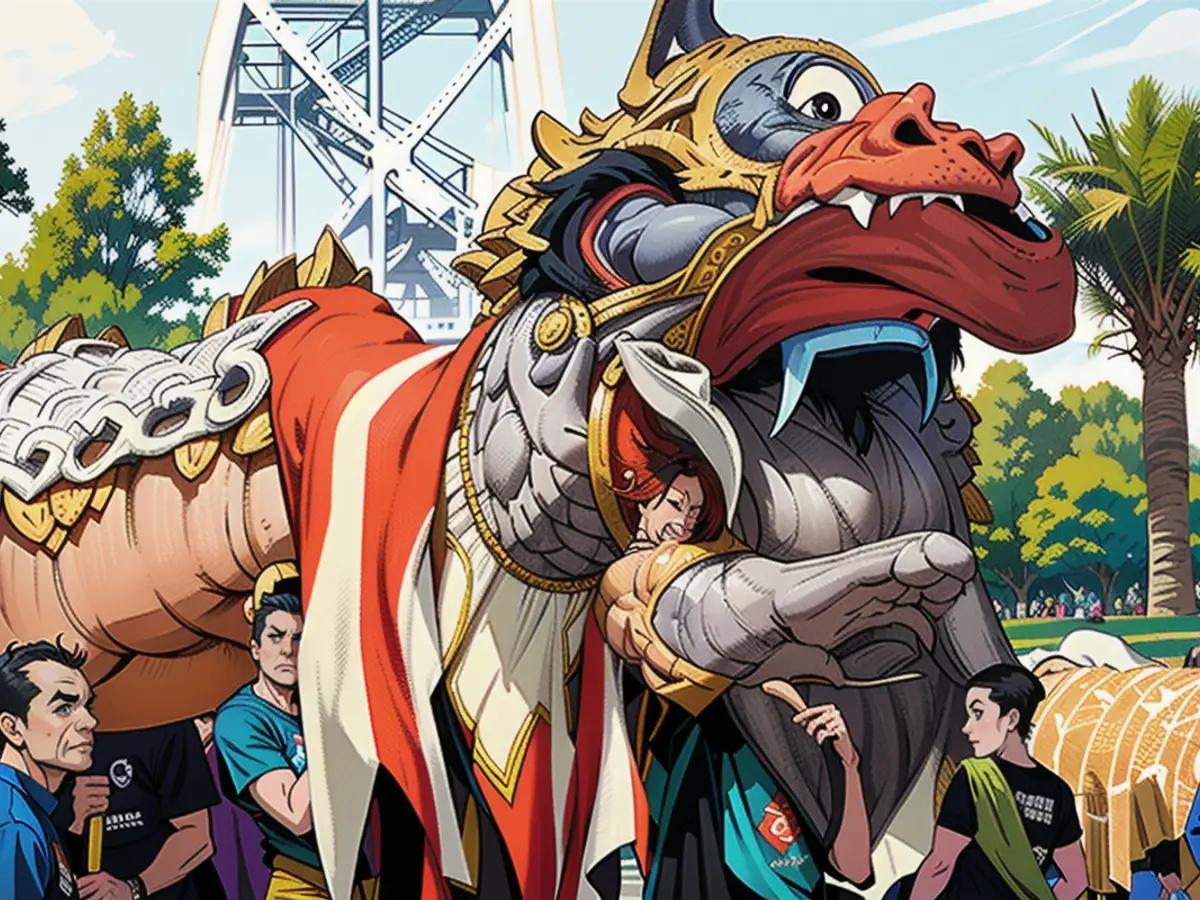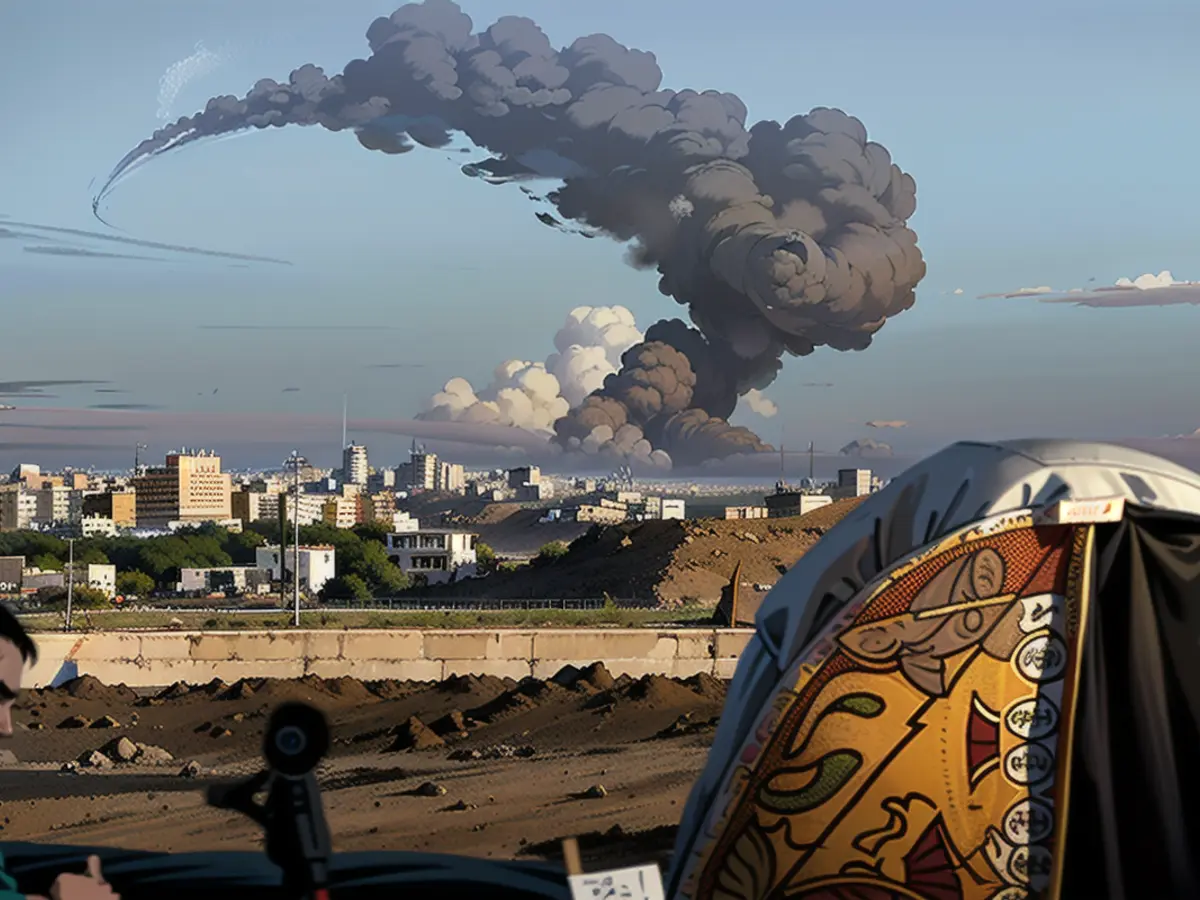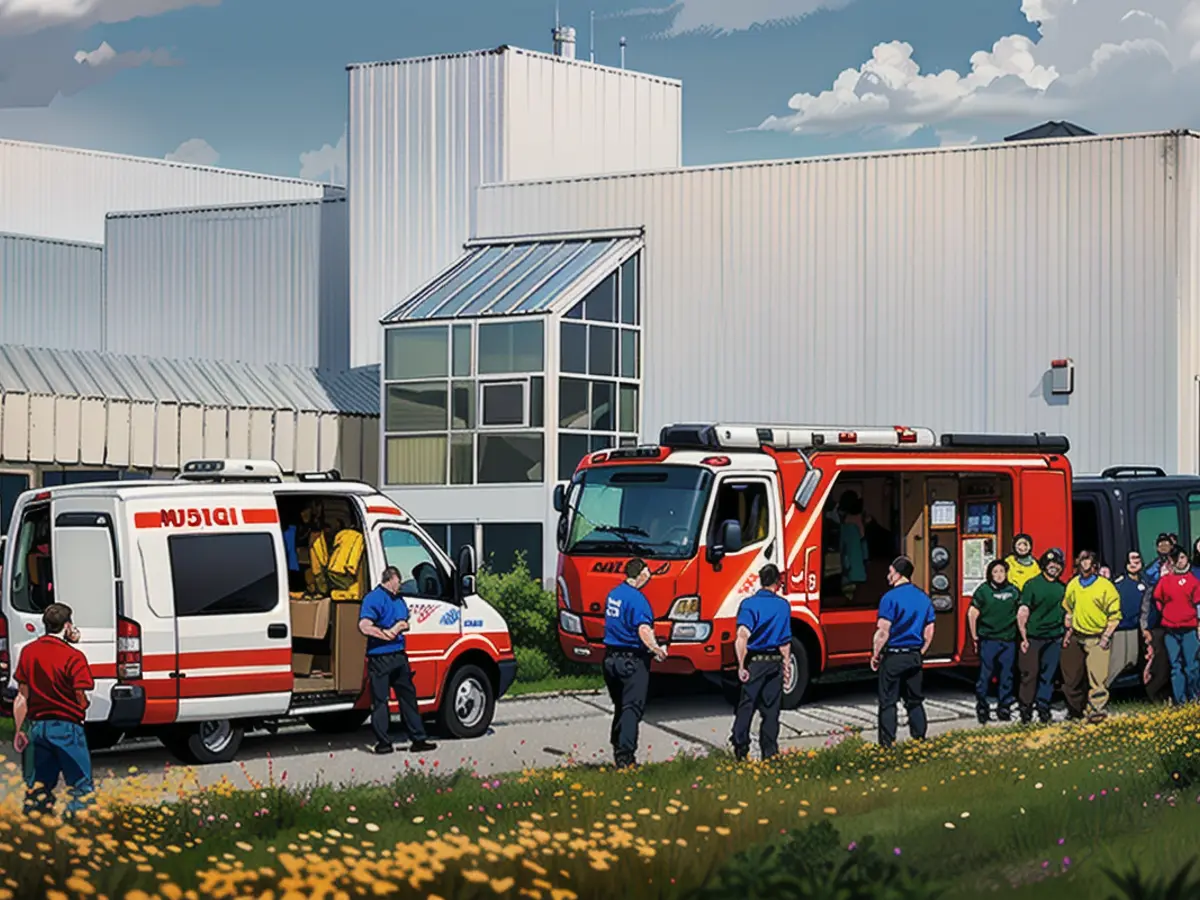TV tip - Dominik Graf drama "My Falcon" on the first channel
Dominik Graf 's new film focuses on a bird of prey. "There's something aristocratic about a falcon. Even when it comes along as a nestling, it already seems like an ennobling factor," the reserved Graf told the German Press Agency in Hamburg. "Because the man who strides through the landscape with a falcon strides upright in a beautiful posture."
The film by the ten-time Grimme Award winner will be shown this Wednesday (8.15 pm) on Ersten. Arte showed it in November.
On the set near Wolfsburg, where a falconer was always present, there were even three specimens of these birds of prey. One as a reserve - and two that ended up in the care of the lead actress Ratte-Polle. Or rather, into the care of her character - a woman who is completely focused on her profession as a forensic biologist at a forensic institute and thus isolated from her fellow human beings.
Feelings of connection
Thanks to her encounter with the animal she is supposed to tame, Inga experiences feelings of connection for the first time. At the same time, she is stirred up by statements made by her gnarled, widowed father (Jörg Gudzuhn), who blames her for her divorce. He also claims that the neighbor's daughter Charlotte (Olga von Luckwald) is her half-sister.
Inga hesitantly finds her way back to herself - and to more humanity. A kind of invisible "memento mori" (remember that you must die) always seems to resonate in this drama with its cheerful undertones. After all, Inga is confronted with the remains of human bodies every day in her work. Nevertheless, she fails to really live her own life.
The story, told in poetically simple everyday images, was written by Beate Langmaack, who has also won several Grimme Awards. Graf previously worked with her on the leukemia drama "Hanne" (2019) with Iris Berben.
The interpersonal aspect
He has a lot of sympathy for his movie heroine, says Graf. "I believe that she is a character who is coming to terms with the fact that she hasn't gotten very far in her life in terms of interpersonal relationships. And she completely believes she can compensate for this in her work. She's very clever." And he continues: "It's only when she's thrown onto her human side that you realize how weak she is where she should actually be human. She is a person who lives in imbalance and doesn't really know it."
Such an attitude is probably not atypical today, says Graf - and does not exclude her own industry. "My job in particular, which involves the whole world, fills you up completely. You can use it to compensate for the other side - the life you live - to a certain extent. But you should notice it at some point."
The busy actress Ratte-Polle can also identify with her character Inga. The 49-year-old, who works on major stages, for film, television and radio, even deliberately decided not to have children so that she could work intensively in her dream job. However, she does cultivate interpersonal relationships, she tells dpa.
Ratte-Polle explains about her Inga: "I want to tell female characters from new perspectives. That's what I'm looking for. And here I thought it would be great to tell the story of a woman who lives alone - but the problem is not that she doesn't have a partner. It's that she generally shuts herself off from people." After all, you can live very well alone without being lonely. "I think that aspect is important," emphasizes the actress.
Ratte-Polle: "These birds are so subtle."
"The bird broadens their view," says the artist. In order to prepare for her role, she herself learned how to place a falcon on her hand and take it for a walk at a falconry farm in Potsdam. "There's something very contemplative about it," says Ratte-Polle. "These birds are so sensitive, they perceive everything. As soon as you get nervous, they get restless, flutter and want to fly away."
Her director has another memory of the falcons. "The team had to keep calm. If they were told to watch out, the bird was coming, they couldn't distract it or it would get nervous," reports Graf. "That triggered an almost whispering concentration, which was positive for the work as a whole. At last, no one was chatting."
Read also:
- These TV annual reviews will be shown in 2023
- Sky documentary: "23 - The mysterious death of a hacker"
- "Leave The World Behind": Thriller with Julia Roberts
- TV tips on Tuesday
Source: www.stern.de
